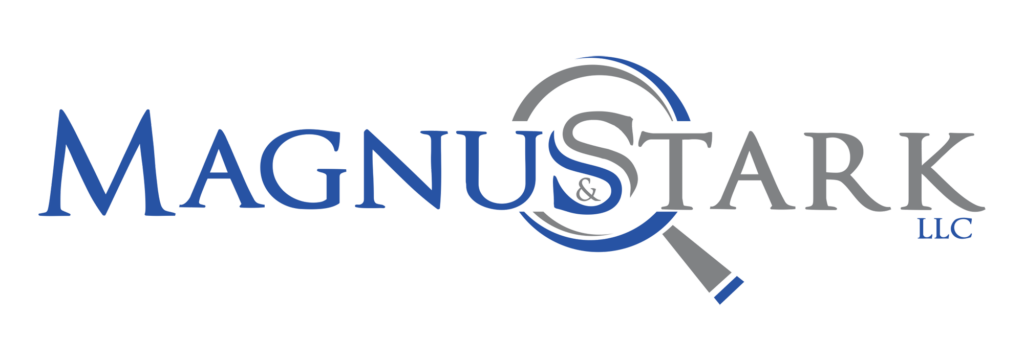Title: Identifying Patterns of Deception in Witness Testimony in Avon, IN
Introduction:
In the criminal justice system, witness testimony plays a crucial role in determining the outcome of a case. However, it is important to recognize that witness testimony can sometimes be unreliable and deceptive. As a result, it is essential for legal professionals in Avon, IN, to be equipped with the knowledge and skills to identify patterns of deception in witness testimony. By doing so, they can ensure that justice is served and innocent individuals are not wrongly convicted.
Recognizing Patterns of Deception:
Identifying patterns of deception in witness testimony requires a keen understanding of human behavior and psychology. There are several key indicators that legal professionals in Avon, IN, should be aware of when evaluating witness testimony for potential deception:
1. Inconsistencies: Discrepancies or inconsistencies in a witness’s account of events can be a red flag for potential deception. Legal professionals should carefully compare the witness’s statements over time to identify any contradictions or changes in their story.
2. Lack of Detail: Deceptive witnesses may provide vague or ambiguous details when recounting events. They may also struggle to provide specific information when questioned about important aspects of the case.
3. Nonverbal Cues: Paying attention to nonverbal cues, such as body language, facial expressions, and eye contact, can be valuable in detecting deception. Signs of nervousness, avoidance of eye contact, or excessive fidgeting may indicate that a witness is being untruthful.
4. Unnecessary Defensiveness: Deceptive witnesses may become defensive or evasive when questioned about certain aspects of their testimony. They may also exhibit hostility or aggression towards the legal professionals or opposing counsel.
5. Implausible Stories: Witnesses who fabricate their testimony may present stories that are implausible or lack credibility. Legal professionals should critically assess the feasibility of the witness’s account and consider whether it aligns with other evidence in the case.
Strategies for Uncovering Deception:
In Avon, IN, legal professionals can employ various strategies to uncover patterns of deception in witness testimony. These may include conducting thorough interviews with witnesses, cross-examining testimony to reveal inconsistencies, and utilizing expert witnesses or forensic evidence to corroborate or challenge the witness’s account.
Additionally, legal professionals can benefit from specialized training in detecting deception and interviewing techniques. By honing their skills in this area, they can enhance their ability to identify deceptive behavior and effectively challenge unreliable testimony in court.
Conclusion:
Identifying patterns of deception in witness testimony is a critical component of ensuring the integrity of the criminal justice system in Avon, IN. By being attuned to the indicators of deception and employing effective strategies for uncovering unreliable testimony, legal professionals can uphold the principles of fairness and justice. Ultimately, by diligently scrutinizing witness testimony for signs of deception, they can contribute to the accurate and just resolution of criminal cases in their community.

